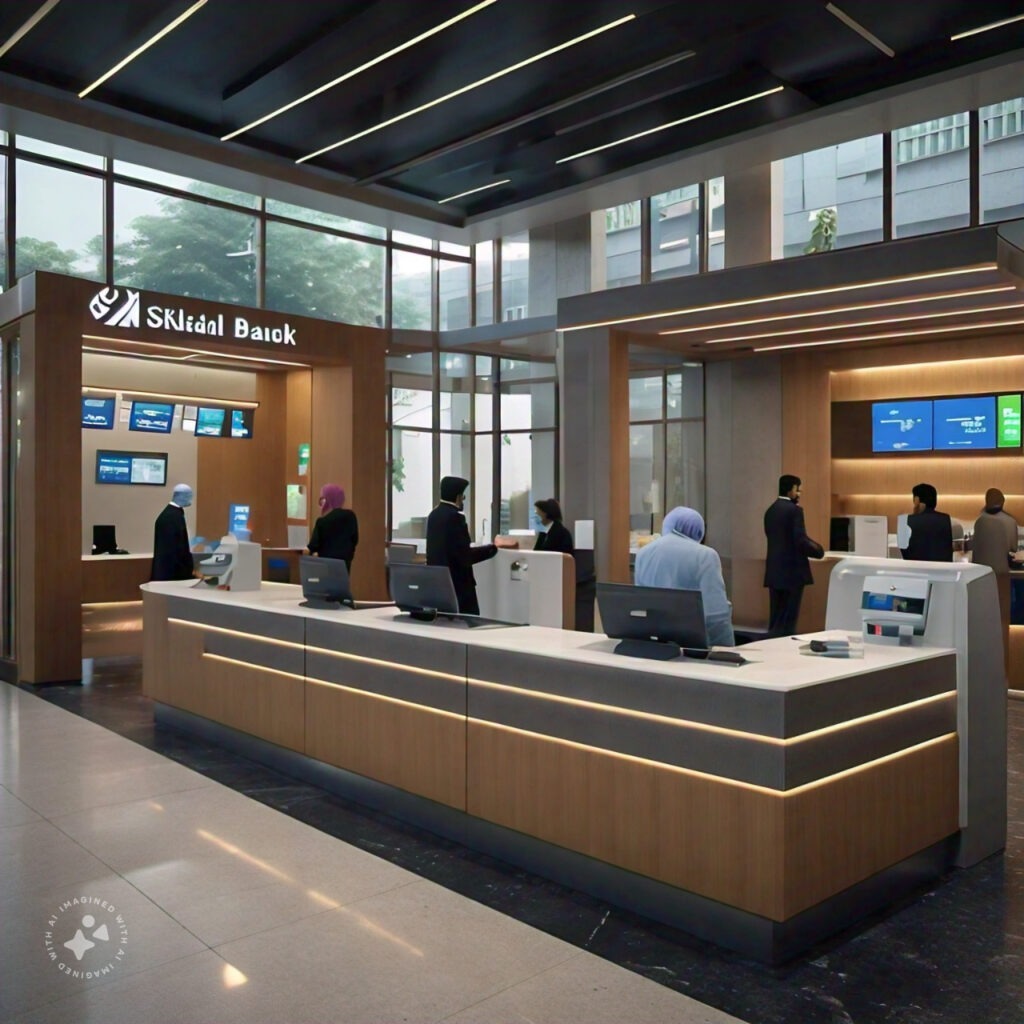Understanding Islamic Banking in Pakistan
Pakistan, being an Islamic republic, has a growing demand for banking services that align with the principles of Islam. Islamic banking, also known as Shariah-compliant banking, has been gaining popularity in the country over the past few decades. In this blog, we will delve into the concept of Islamic banking, its history, and its current state in Pakistan.
What is Islamic Banking?
Islamic banking is a financial system that operates in accordance with the principles of Islamic law (Shariah). The core principle of Islamic banking is the prohibition of interest (Riba) and the sharing of risk and reward between the bank and its customers. Islamic banking transactions are based on profit-and-loss sharing, leasing, and partnership.

History of Islamic Banking in Pakistan
The concept of Islamic banking was first introduced in the 1970s, with the establishment of the National Commission for Islamization of Economy. However, it wasn’t until the 1990s that the first Islamic bank, Meezan Bank, was established in Pakistan. Since then, several other Islamic banks have been established, including Al Baraka Bank Pakistan, Dubai Islamic Bank Pakistan, and BankIslami Pakistan.
Key Features of Islamic Banking
1. Prohibition of Interest (Riba)
Islamic banking prohibits the payment and receipt of interest, which is considered usury and exploitative. Instead, Islamic banks share the risk and reward of investments with their customers.
2. Profit-and-Loss Sharing
Islamic banks share the profits and losses of investments with their customers, promoting a sense of partnership and shared responsibility.
3. Shariah Compliance
All Islamic banking transactions must be Shariah-compliant, meaning they must adhere to Islamic law and principles.
4. Zakat
Islamic banks are required to deduct Zakat (charity) from customers’ accounts, which is then distributed to the needy and poor.
How Islamic Banking Works in Pakistan
Islamic banks in Pakistan offer a range of products and services, including:
1. Current Accounts
Islamic banks offer current accounts that do not earn interest, but instead, may be subject to a small administrative fee.
2. Savings Accounts
Islamic banks offer savings accounts that earn profit, which is distributed to customers on a monthly or quarterly basis.
3. Home Financing
Islamic banks offer home financing products that are based on the concept of Musharakah (partnership) or Ijarah (leasing).
4. Car Financing
Islamic banks offer car financing products that are based on the concept of Murabaha (cost-plus financing).

Benefits of Islamic Banking in Pakistan
1. Shariah Compliance
Islamic banking provides an opportunity for Muslims to conduct financial transactions in accordance with their religious beliefs.
2. Risk Sharing
Islamic banking promotes risk sharing between the bank and its customers, reducing the burden of risk on individuals.
3. Increased Financial Inclusion
Islamic banking has the potential to increase financial inclusion in Pakistan, particularly among the unbanked population.
4. Economic Growth
Islamic banking can contribute to economic growth in Pakistan by promoting entrepreneurship and job creation.
Challenges Faced by Islamic Banking in Pakistan
1. Lack of Awareness
Many Pakistanis are unaware of the benefits and principles of Islamic banking, which can make it difficult to market and promote Islamic banking products.
2. Limited Branch Network
Islamic banks in Pakistan have a limited branch network, making it difficult for customers to access these services.
3. Regulatory Challenges
Islamic banks in Pakistan face regulatory challenges, including the need for separate regulations and guidelines for Islamic banking.
4. Human Resource Challenges
Islamic banks in Pakistan face human resource challenges, including the need for trained and experienced staff to manage Islamic banking products.

Conclusion
Islamic banking has made significant progress over the past few decades, with a growing number of banks and financial institutions offering Shariah-compliant products and services. However, there are still challenges that need to be addressed, including the need for greater awareness and education about Islamic banking, an expanded branch network, and regulatory and human resource challenges. Despite these challenges, It has the potential to promote financial inclusion, economic growth, and Shariah compliance in Pakistan.



3 comments
Fourweekmba
August 28, 2024 at 11:39 pm
Fourweekmba I appreciate you sharing this blog post. Thanks Again. Cool.
Baddiehubs
September 9, 2024 at 12:24 pm
Baddiehubs I do not even understand how I ended up here, but I assumed this publish used to be great
Hairstyles VIP
February 25, 2025 at 7:52 pm
I’d like to find out more? I’d love to find out more details. http://www.hairstylesvip.com